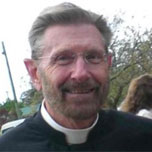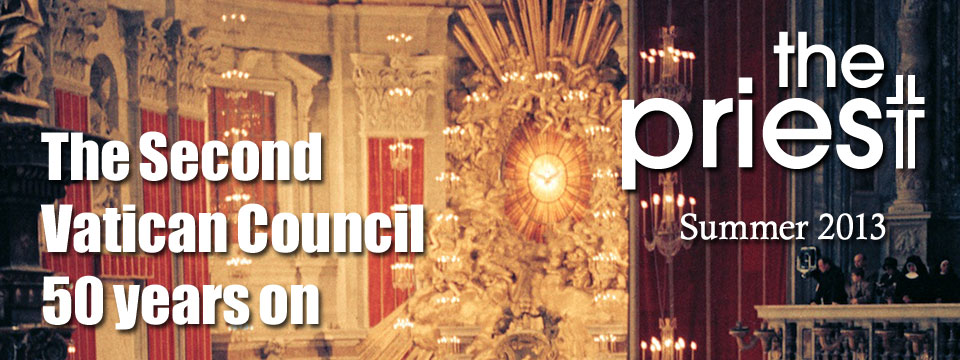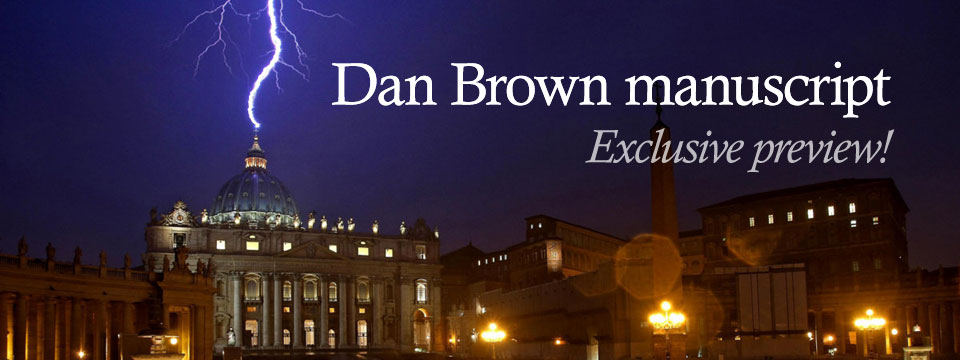One of the distinctive things about this Pope is his willingness to speak without a prepared text, and his willingness to dialogue. The chief benefit of this book is precisely this. It is an extended expression of the Pope’s candid responses across a wide range of issues. Sometimes his directness is conveyed by terseness: simply “Yes” or “No.” Other times he has to refine the line taken by his journalist interviewer with an “I cannot resolve [that issue] here” or “I would put this more cautiously.” But overwhelmingly the Holy Father succeeds in giving responses that are both succinct and balanced. A long quote from page 104 gives a telling example:
I would not want to offer a judgement about what has been thought in the past [on Catholic presentation of the human condition]. But there does need to be a new realisation that man is something great, a great challenge, to which the superficiality of just drifting along does not do justice. Any more than the best way to live is an attitude that comforts [or] that feeling healthy is the sum and substance of hap- piness – [rather,] there needs to be a new sense that man is subject to a higher set of standards; indeed, that it is precisely these demands that in the first place make a greater happi- ness possible. There needs to be a sense that being human is like a mountain-climbing expedition that includes some arduous slopes. But it is by [this climb] that we reach the summit and are able to experience for the first time how beautiful it is to be [human]. Emphasising this is of particular concern to me.
This quote also conveys the crux that the Holy Father puts before us: that the disciplines of the Church’s teaching provide pathways to more elevated appreciation of human living. As journalists go, the Pope’s interviewer is refined, yet issues as promoted by the contemporary media take too much stage. Even the Pope descends to speaking of clerical sexual offences against minors as “the scandals,” as though these abuses were the central betrayal of the Church’s mission. There is not a single question about the abject failures of Catholic education across two generations and the shocking betrayals in witness to and catechesis of the Gospel entailed in this widespread betrayal of young people.
The myopic perceptions of the media were well demonstrated in the hype over the Pope’s remarks on condoms at pages 118-119. To some extent the secular media may be forgiven, for the blogsphere chatter from conservative Catholics and even from one-sided moral theologians poorly recognised that the Pope was saying nothing new. His remarks about condoms sit securely within the perspectives of informed and balanced Catholic moral theology, and Catholic appreciation of the distinction of ecclesial and civil domains. The Pope’s remarks are not “magisterial” (and too few appreciate the gradations of Catholic teaching, and the nature of this text). But there is no “new teaching” here and no departure from the thrust of Catholic teaching. Rather, throughout the book the Pope makes straightforward and positive reference to discipline and responsibility that humanises sexual relations, rather than the trivialisation of the condom culture. Probably the rub that makes secular culture and media so hard of hearing is what undergirds Catholic faith and practice: “We cannot simply live the way we please.”
A brief but telling remark at page 141 deserves pondering: “It is sad that there are what you might call professional Catholics who make their living on their Catholicism, but in whom the springs of faith flow only faintly, in a few scattered drops. We really must make an effort to change this.”
Another remark, so characteristic of Pope Benedict XVI, that suffuses these conversations is “love is the key to Christianity.” (p. 102) This small book affords an opportunity to meet the Pope, and meeting this Pope means a cordial and frank encounter with a man of love.






